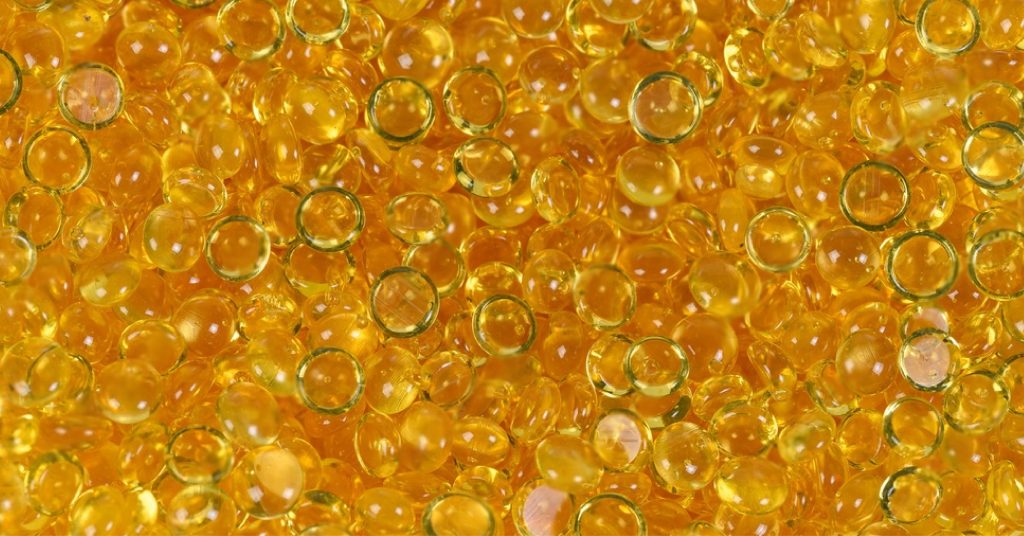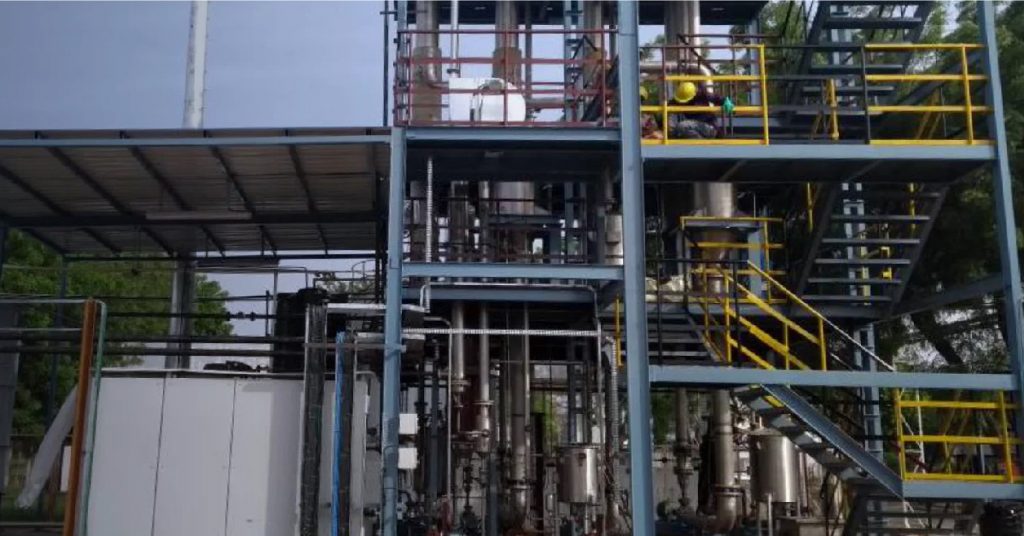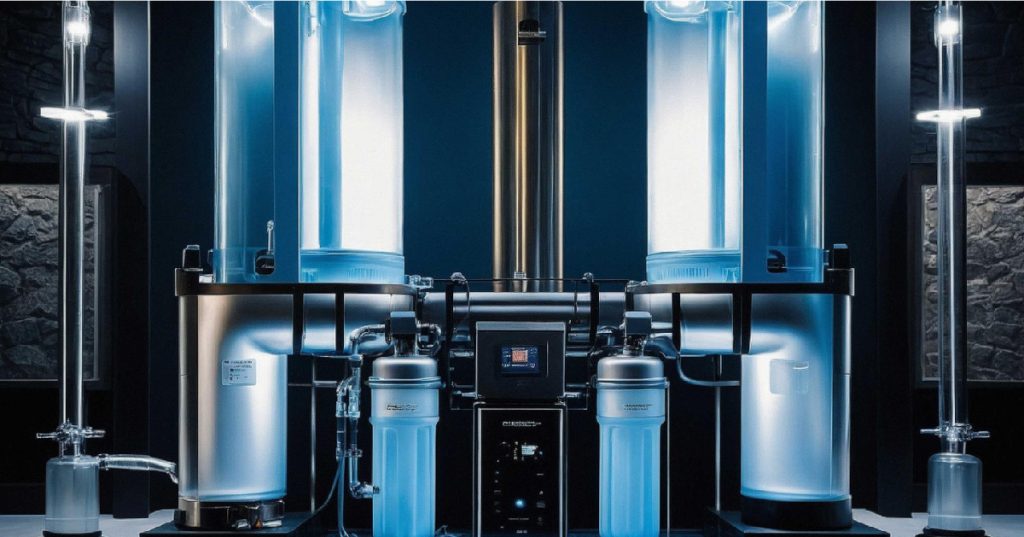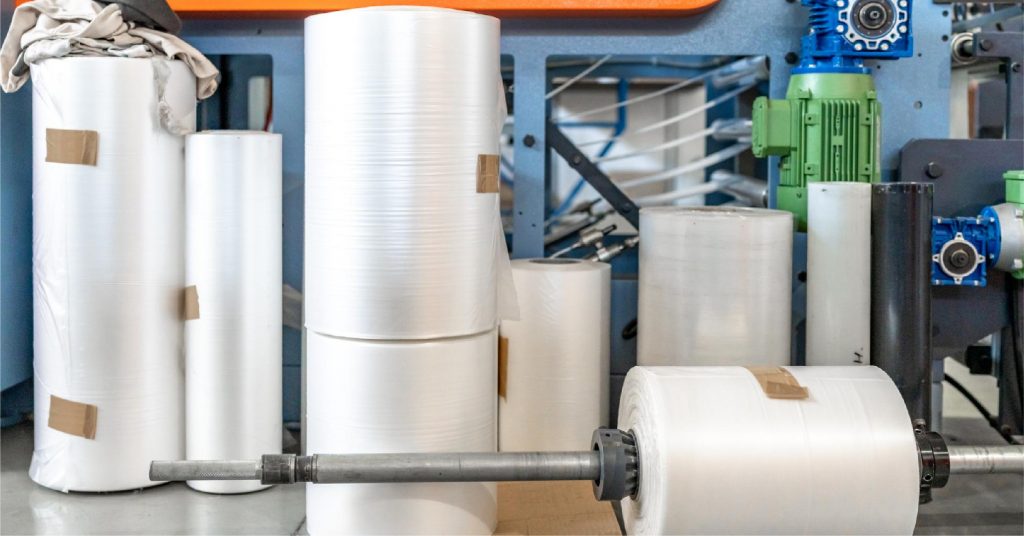Water scarcity is a pressing issue worldwide, and South Africa is no exception. With its unique environmental challenges, the need for effective water purification solutions is more critical than ever. One such solution gaining importance is the use of Ion Exchange resins. These resins play a crucial role in removing contaminants from water, ensuring access to clean and safe drinking water for communities. Let’s delve deeper into the world of Ion exchange resins and their applications in water purification.
Water Purification Challenges in South Africa
1. Industrial Pollution: Industrial activities contribute to water pollution by contaminating water sources with harmful substances.
2. Agricultural Runoff: Pesticides and fertilizers from agricultural runoff seep into water bodies, posing risks to human health.
3. Mining Activities: Mining operations release heavy metals and toxins into waterways, endangering both aquatic ecosystems and human populations.
4. Aging Infrastructure: Outdated water treatment facilities struggle to cope with the increasing demand for clean water, leading to compromised water quality.
5. Natural Contaminants: Naturally occurring contaminants such as arsenic and fluoride further exacerbate water quality issues in certain regions.
How Ion Exchange Resins Can Help?
Ion Exchange has led the way in innovating resins for water purification in South Africa. Our INDION range of Ion exchange resins stands out for its tailored design specifically for water purification applications, ensuring top-notch performance and unwavering reliability. Available in Gaussian and Uniform Particle Size beads, both in dry and moist forms, our resins offer a spectrum of surface areas, porosity, and matrix compositions, finely tuned to address the diverse requirements of water treatment across a multitude of industries. From pharmaceuticals to food and beverage, nuclear to chemical, bio-diesel to hydrometallurgy, sugar, and beyond, INDION Resins from Ion Exchange guarantee that your water purification needs are in capable hands, delivering world-class solutions for a cleaner and safer water supply.
Harnessing the Versatility of INDION Range of Resins
INDION range of resins serves as indispensable components in conventional water treatment processes such as softening, deionization, and dealkalization. Produced in an automated, ISO 9001 and 14001-certified facility, these resins boast lower rinse volumes, high capacity, a superior life pattern, and a proven track record, distinguishing INDION as the preferred choice in the industry. Beyond water treatment, INDION Resins play a pivotal role in various manufacturing processes. They excel in deashing and color removal in gelatine, liquid glucose, sorbitol, dextrose, and maltodextrin production.
Moreover, INDION resins are pivotal in eliminating alkalinity from wash water in the beverage industry and find applications in stevia purification and dehydrating fruit juices. Notably, the reversal of sucrose into glucose and fructose utilizing INDION resins aids in reducing sugar consumption, rendering them invaluable for low-calorie beverage production. Furthermore, INDION Resins serves as an ideal solution for bio-diesel manufacturing and purification, effectively eliminating free fatty acids, soaps, moisture, and cationic impurities from raw bio-diesel when KOH is utilized as a catalyst. Their adaptability makes them well-suited for the esterification of free fatty acids present in various feedstocks, including waste cooking oil, jatropha oil, palm oil, sunflower oil, corn oil, and palm fatty acid distillate.
The Future of Water Purification in South Africa
As the demand for clean water continues to rise in South Africa, the importance of innovative water purification technologies, including Ion exchange resins, will only grow. In the battle against water scarcity and pollution, ion exchange resins used in water treatment stand as a beacon of hope, offering a path towards cleaner, safer water for South Africa and beyond. Embracing sustainable water management practices and investing in advanced purification solutions will be essential to safeguarding public health and preserving the country’s water resources for future generations.





